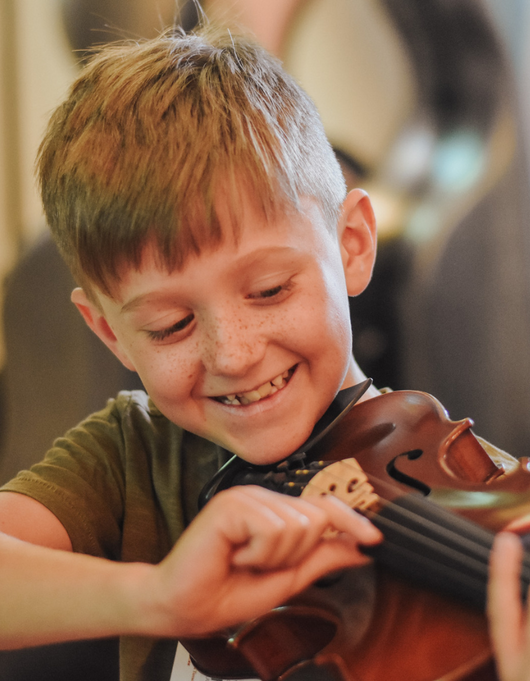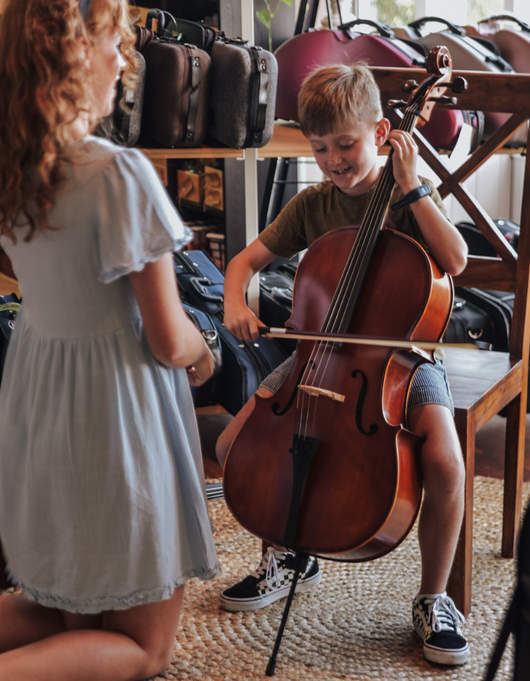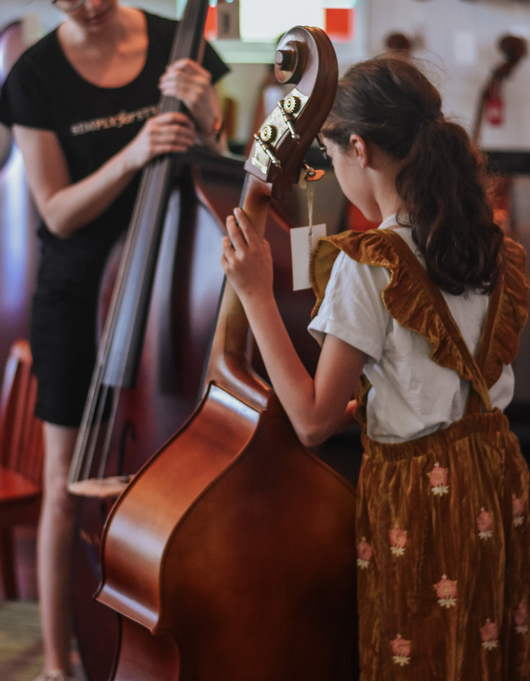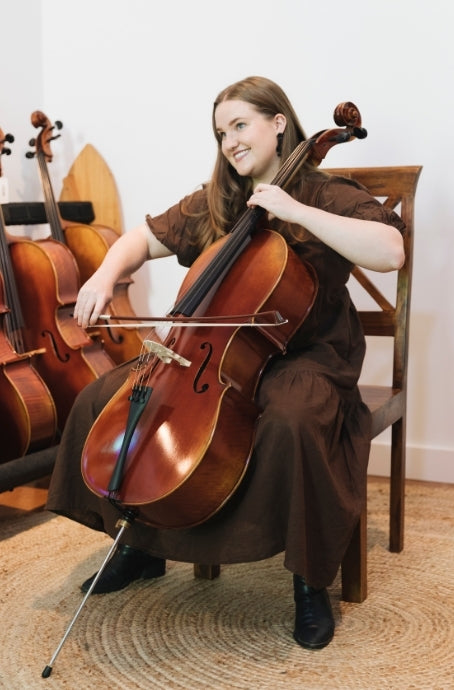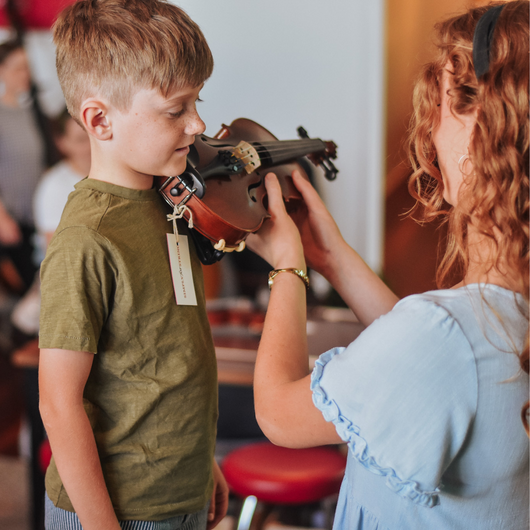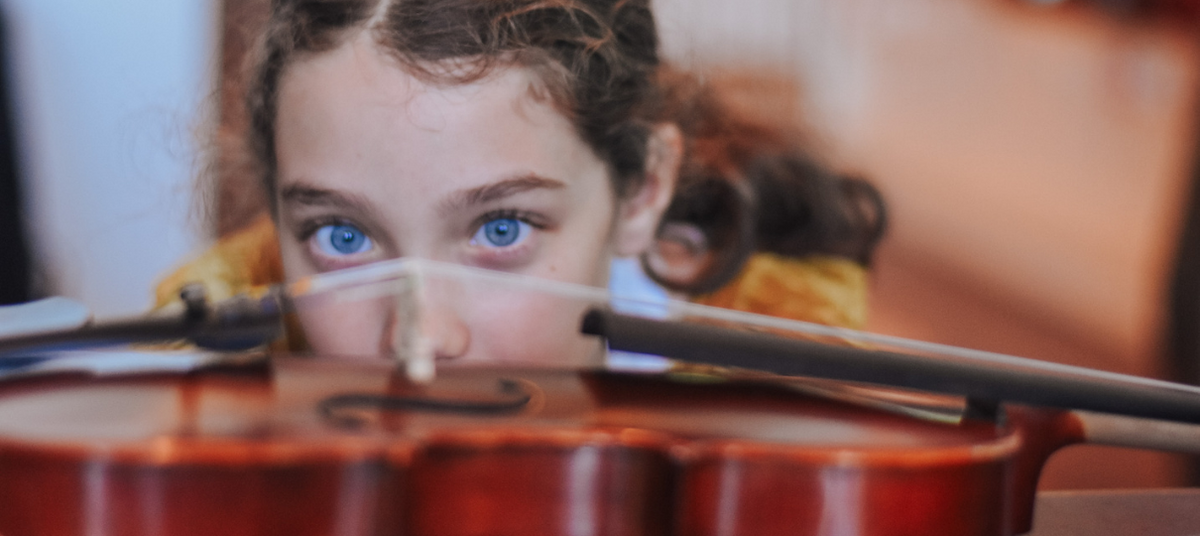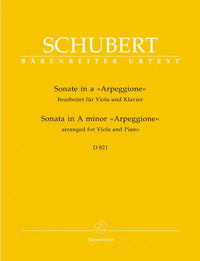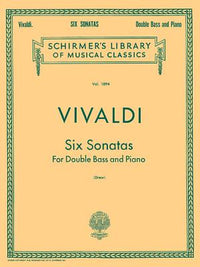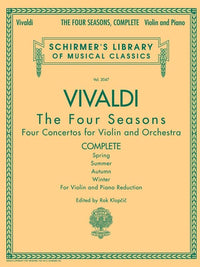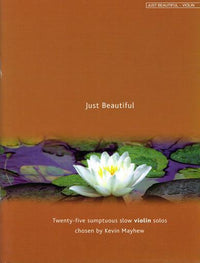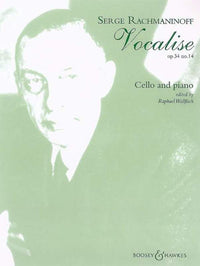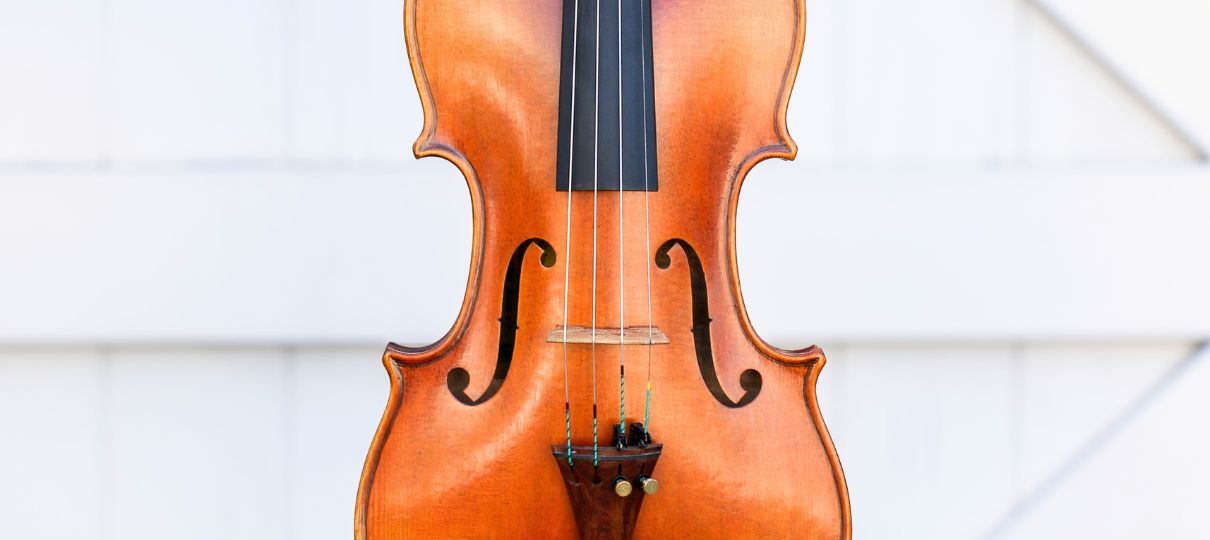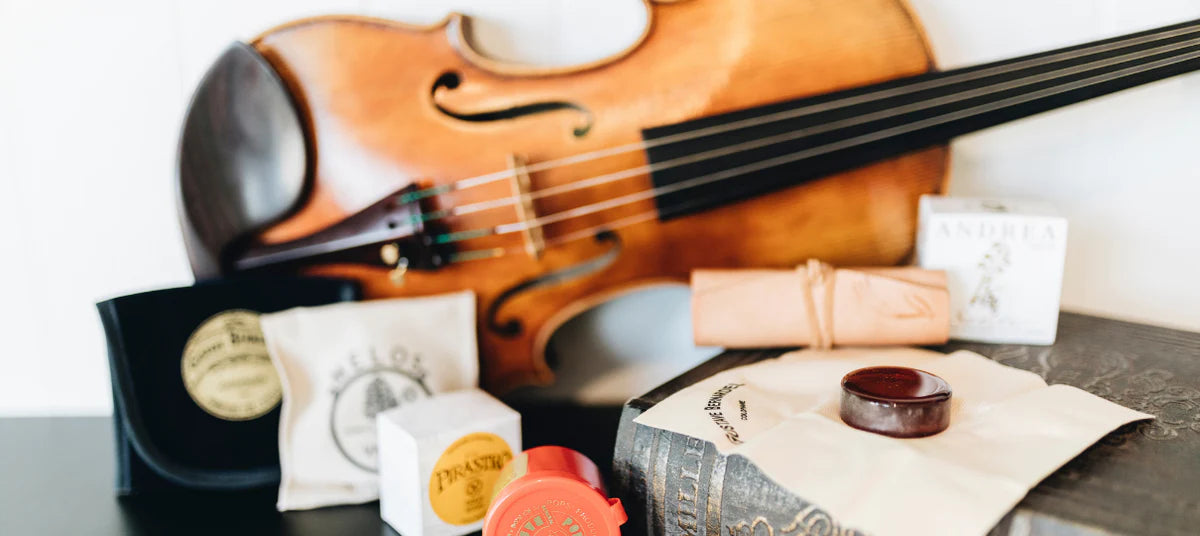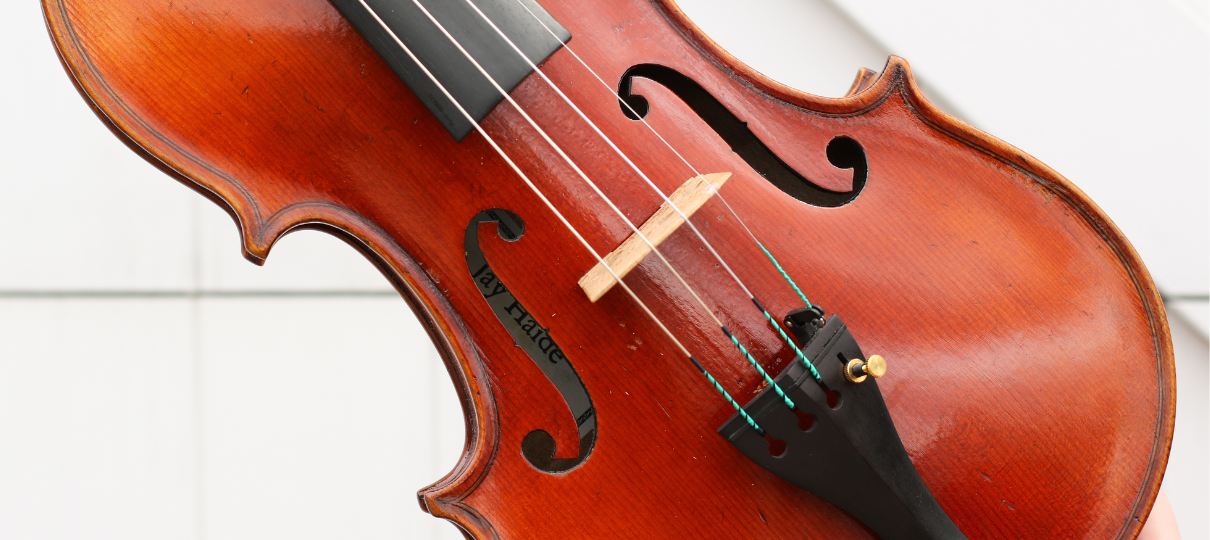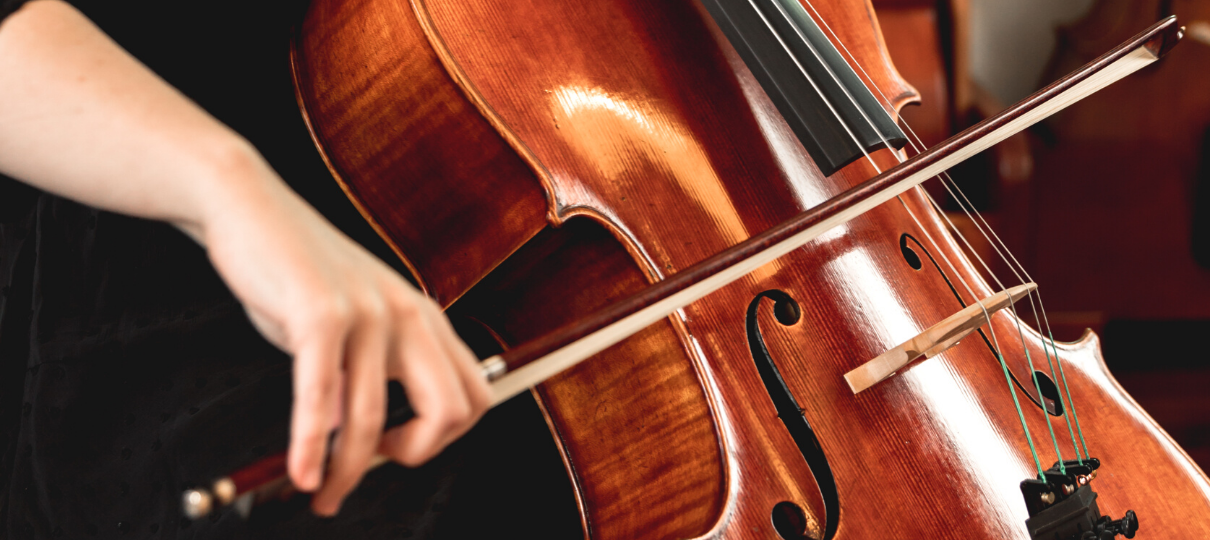For as long as it’s existed, music has been used to heal everything from broken hearts, to wounded friendships, to anxious thoughts.
Surgeons have long played their favourite music in the operating theatre. Music has been the catalyst for big fat happy tears that soak the shoulder of your best friend’s jumper. Plenty of special pooches are even treated to soothing melodies to keep them company while their human parents are out at work.
It’s music’s intangible capacity for healing that has inspired many musicians to pursue careers in it. It has influenced some of the best albums of all time and has caused the release of book titles such as, Healing At The Speed Of Sound, The Mozart Effect and Everything Is Connected: The Power Of Music. There’s even evidence to suggest that the ancient Greeks understood the link between music and medicine - leaving both of these in the care of Apollo.
But, can we really stake the claim that music is medicine? Let’s dive into the world of music therapy and explore the science behind music’s healing component.
What is music therapy?
A blossoming field, music therapy is exactly what it sounds like - using music as a therapeutic tool to heal. Music therapists are usually established musicians who have a deep understanding of how music works to evoke emotional responses, relax and stimulate the mind and body. They pair this knowledge with a vast variety of musical genres and activities to assist with rehabilitation and meditation.
Holly Chartrand is a trained vocalist and works as a music therapist at the Harvard-affiliated Massachusetts General Hospital.
"The favorite part of my job is seeing how big an impact music can have on someone who isn't feeling well," says Holly.
Music therapy comes in a multitude of forms and the treatment is based on each individual’s condition and preferences. Some of the most popular music therapy treatments are:
- Singing
- Song-writing
- Listening to music
- Playing/learning an instrument
- Lyric analysis
- Structured group sessions
- Multimodal stimulation
- Developmental stimulation
We know, we know, “but what does the SCIENCE say?”
Although it only became a registered profession in Australia in the 1970s, the first published study in music therapy appeared in 1789, titled “Music Physically Considered”.
With hundreds of years’ worth of studies behind the medicinal value of music, let’s jump into some of the biggest pain points music is used to address.

#1 Music to treat stress
Do you ever hear a song and feel your worries wash away? That’s the science of soothing music!
- Harvard reports that in controlled clinical trials of patients undergoing surgery, those who listened to music before their operation had less anxiety and required a lesser dose of sedatives. Those who listened to music in the operating theatre felt less discomfort through the procedure. And those who listened to music throughout their recovery required less pain relief medication.
- In Italy, 24 healthy volunteers participated in a study that exposed them to different tempos. The results showed that while meditative music relaxed the participants, faster tempos produced excitement, and when the tempo stopped, the heart rates and blood pressures of participants dropped lower than the usual levels. This indicates serious relaxation.
- Discover more about the benefits here.
#2 Music to help the heart to recover
The wise ones among us know that the only remedy for a broken heart is a whole lot of time and a generous double serving of music. But, did you know that music can actually have a physical impact on your cardiovascular health?
Here’s a few studies noted by Harvard Medical school in their Harvard Heart Letter:
- In a study by Massachusetts General Hospital, nurses found that patients with heart disease who were confined to a bed and listened to music for 30 minutes had lower blood pressure, slower heart rates and lower levels of distress than patients who didn’t listen to music.
- At Abbott Northwestern Hospital in Minneapolis, men and women who listened to music soon after undergoing cardiac surgery were less anxious and reported having less pain than those who just rested quietly.
- A team at the University of Wisconsin-Milwaukee reported that heart attack survivors who listened to relaxing music in a quiet environment for 20 minutes felt less anxious about their health than those who rested quietly without music.
#3 Music to help memory
Music therapy is often employed to assist patients who are living with memory loss. For those that live with dementia, music can be used to bridge the loss of memory. This is because our early memories and experiences with music embed themselves deep into our brains.
Here’s some quick science to back up music as a tool for protecting memory:
- The Journal of Prevention of Alzheimer’s Disease reported that listening to personally meaningful music lights up the parts in our brain linked to motivation, reward, attention and motivation. In turn, this lowers the distress that can be wreaked by Alzheimer’s disease.
- Studies have reported that in some cases, musicians have a better working memory than non-musicians. This means that by learning or playing an instrument, you can improve your capacity to hold, store and locate information.
Consider this…
Think about music in the same way you think about your daily vitamins. Or the morning walk that you never miss. Or the long bath at the end of a hard day.
Music has the power to calm us. To heal us. To make us better from the inside out. All we have to do is hit the ‘play’ button. Open up our case. Or plug in our headphones.
The foundation of a happy life is taking time to care for yourself. So inject a little self care into your every day with a tune, a tempo, a melody. Your body and mind will thank you. Science even says so.



